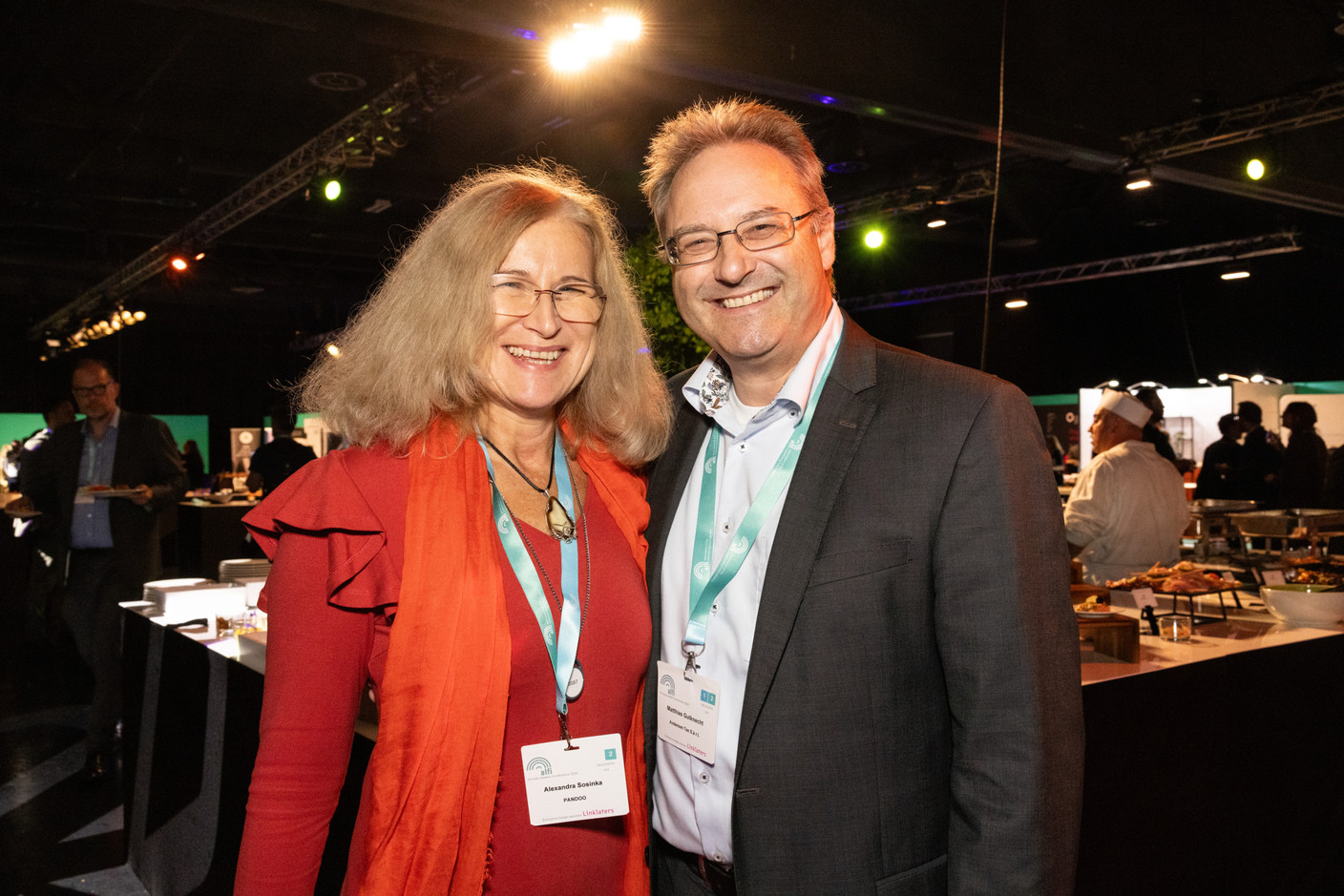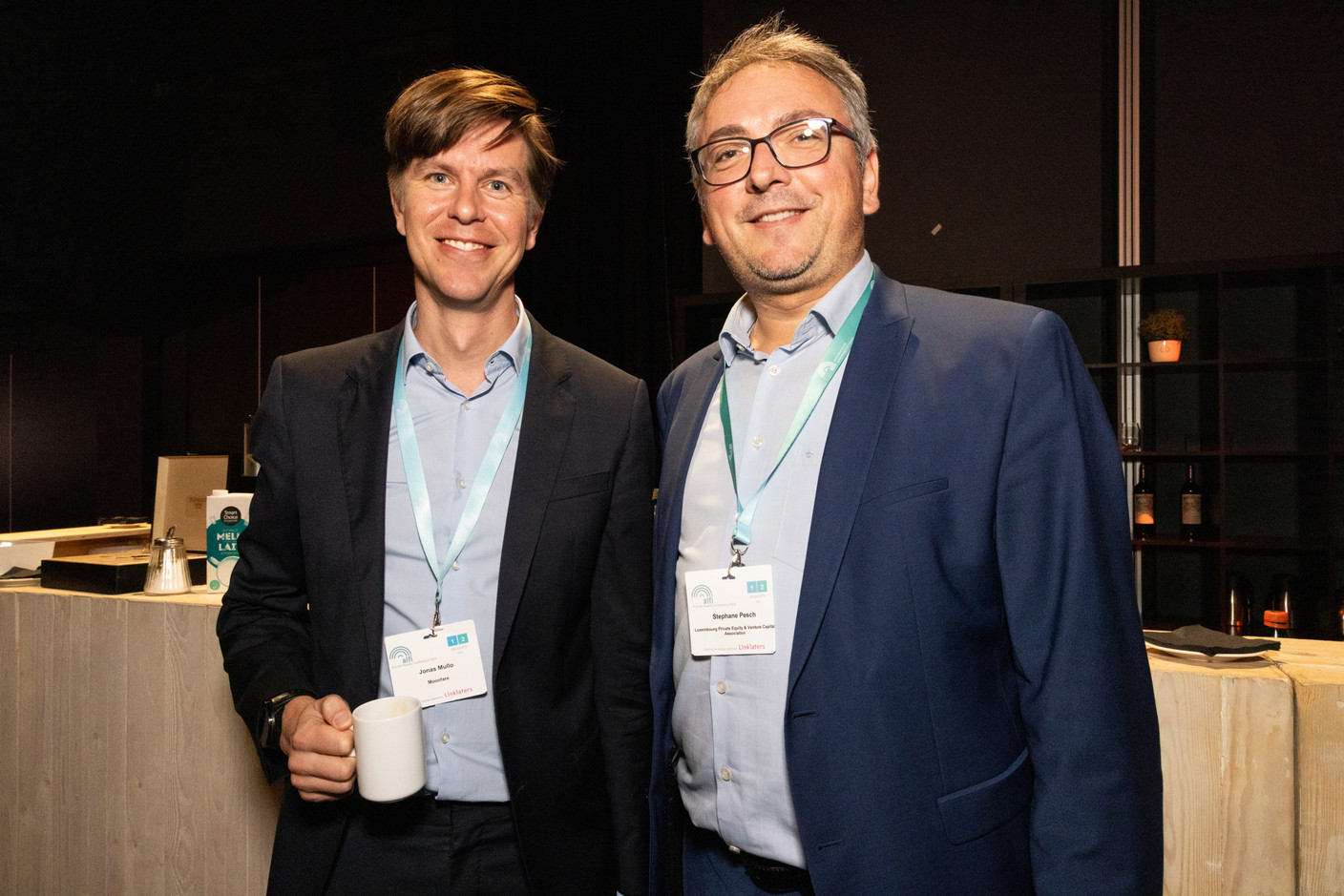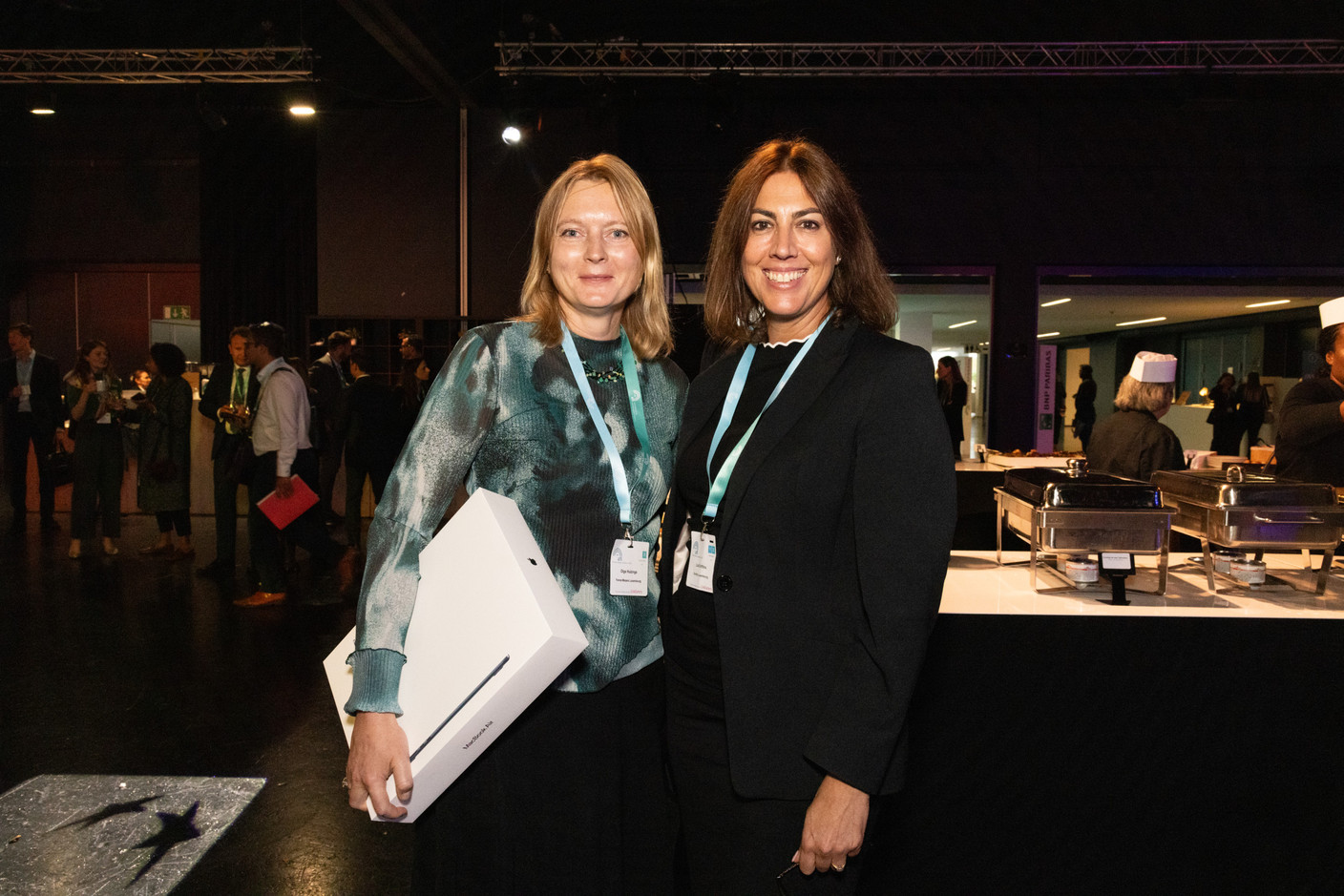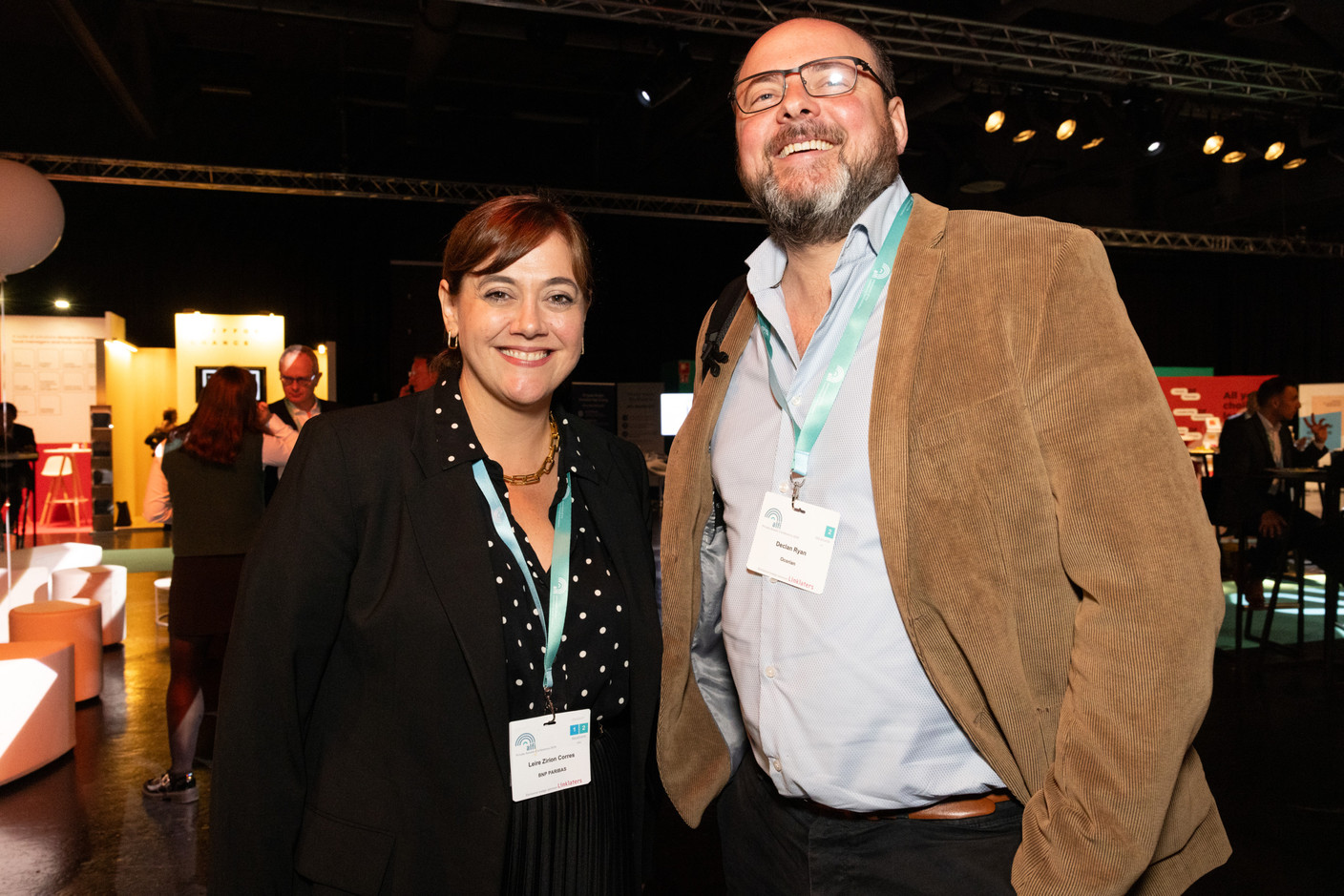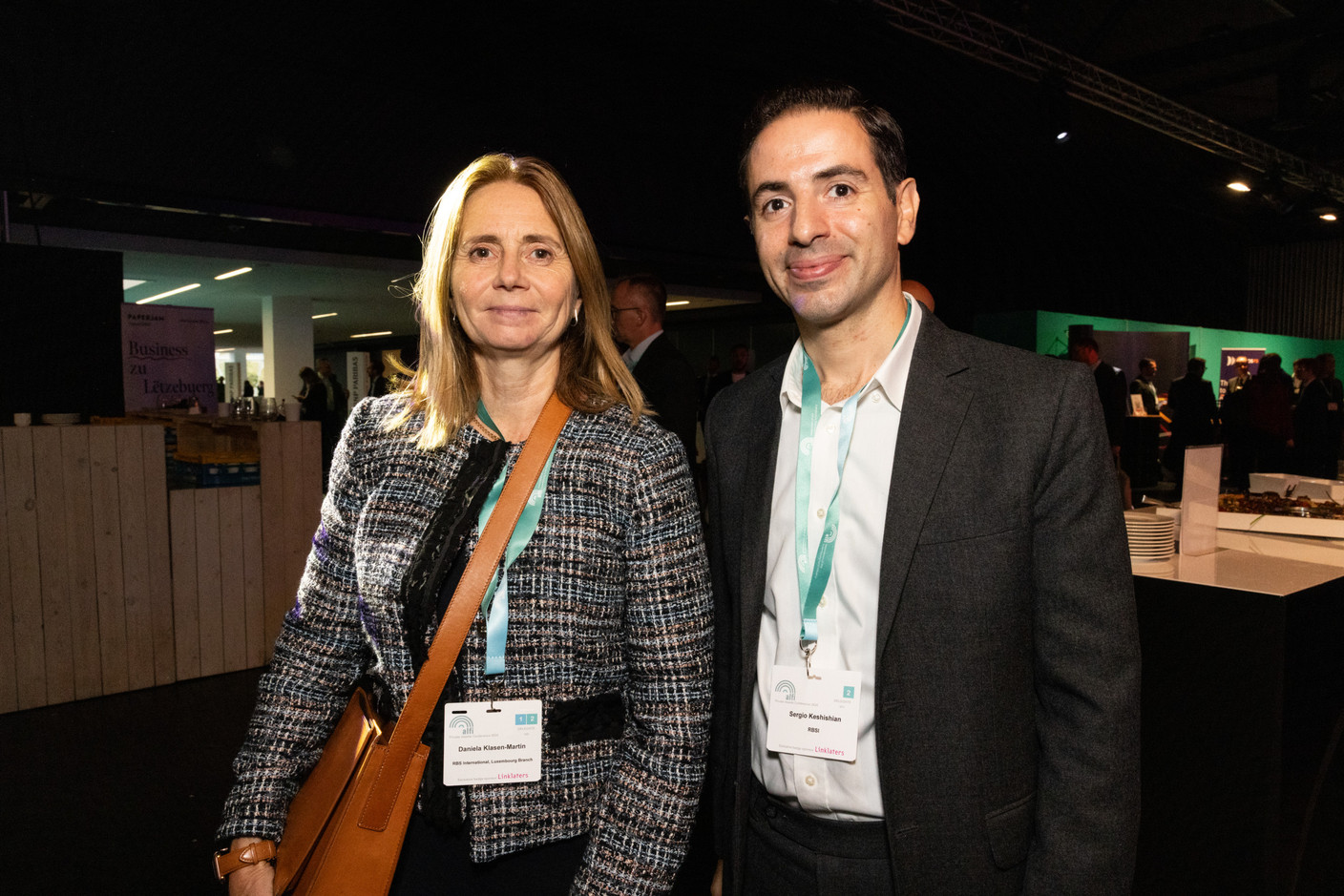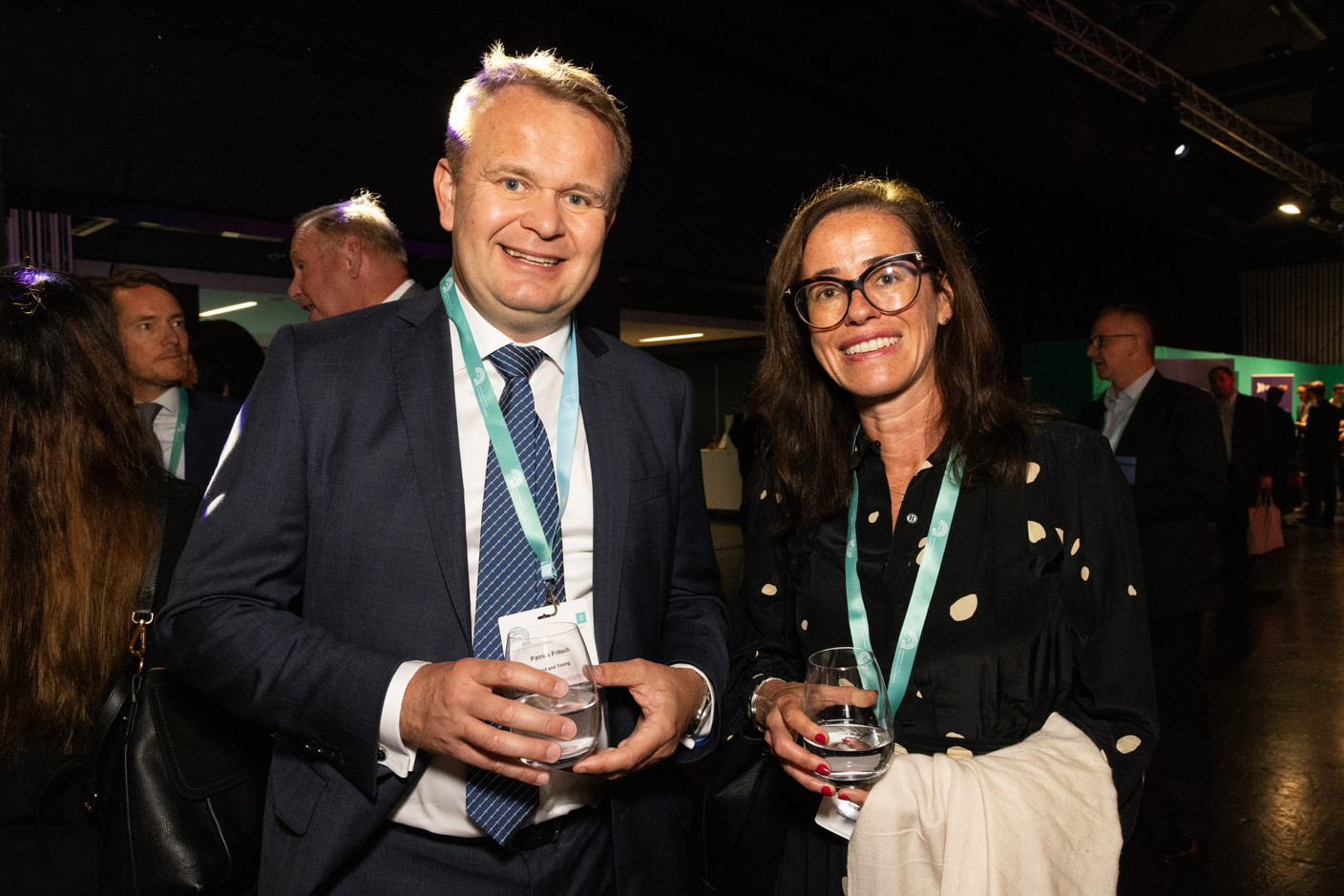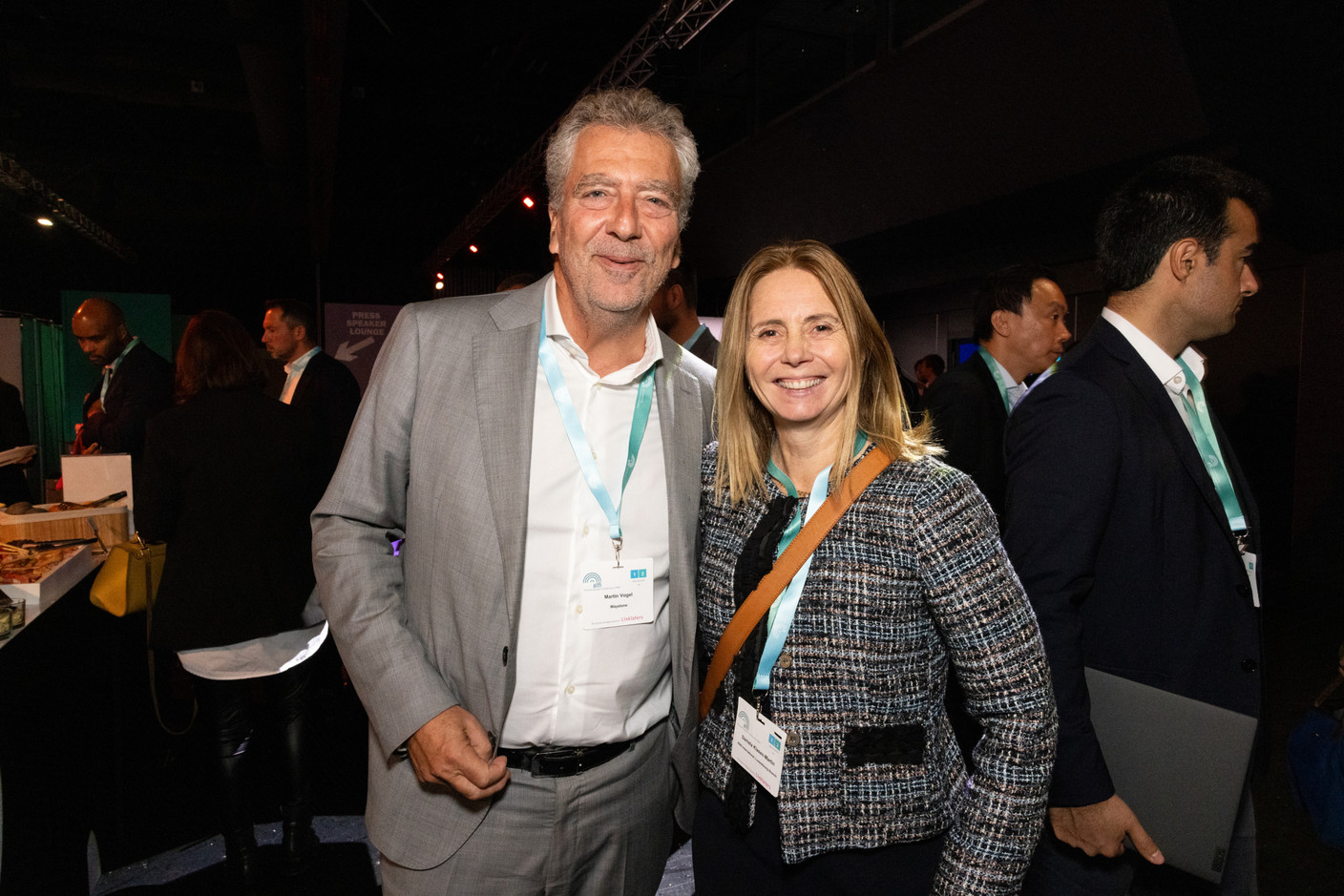This year’s private assets conference had more than 600 registrations, noted Alfi chairperson in his introductory remarks to the second day of the flagship event, which coincided with the visit of Pope Francis to Luxembourg and made the traffic “a bit more nervous than usual.”
Finance minister (CSV) over the summer submitted a draft bill to parliament that aims to ensure Luxembourg remains attractive and competitive when compared to other financial centres, said Goy, who highlighted four elements of “good news” during his speech to the audience.
“One is a political announcement that has already been made quite some time ago,” said Goy. “Luxembourg has decided to lower the corporate income tax rate by 1% starting in January of next year--and this is only to be seen as a first step, followed by further lowerings of the corporate income tax rate in Luxembourg. Of course, we welcome this. It’s not something that is specific to the financial sector, but it also relates to us.”
“The second item I wanted to share with you--because this is one where I was really very vocal personally, and with Alfi’s weight behind us, we were repeating this point over and over again--is ETFs: exchange-traded funds.” In some regards, he added, Ireland is faring better than Luxembourg, and it was key to ensure that “Luxembourg remains also an interesting place to launch ETFs.” “The previous government had already foreseen an exemption from the subscription tax for passive ETFs,” said Goy, while “the draft bill now foresees an exemption from the subscription tax also for active ETFs.” For the Alfi chairperson, “I really think that this is an area where we will see development in Luxembourg and elsewhere. It’s a trend coming from the US, and you know that oftentimes, trends start in the US first and escalate, and are taken up in the rest of the world.”
Read also
The third element from the draft bill that Goy highlighted relates to “changes, adjustments, clarifications, modernisations with respect to distributed ledger technology--DLT--to ensure that Luxembourg remains a leader.” Experts he has spoken to, Goy noted, “welcome the changes that are foreseen in the draft bill.”
“And last but not least, also to attract and retain talent, the draft bill submitted by our minister of finance to parliament foresees an update and a modernisation of the regime applicable to the so-called ‘,’” which concerns people that come from elsewhere to the grand duchy to work, and aims to help make “the financial centre as modern and attractive as possible.”



